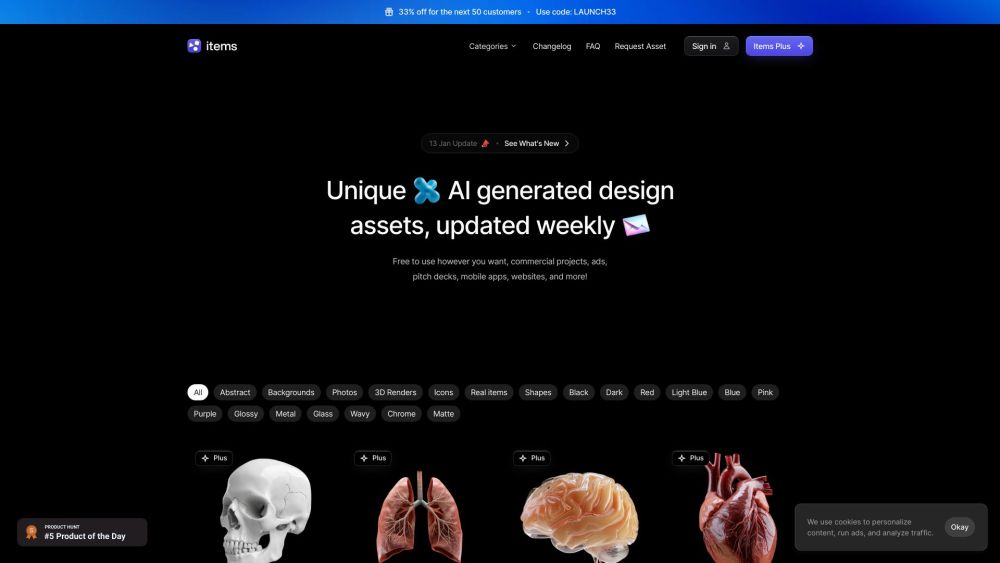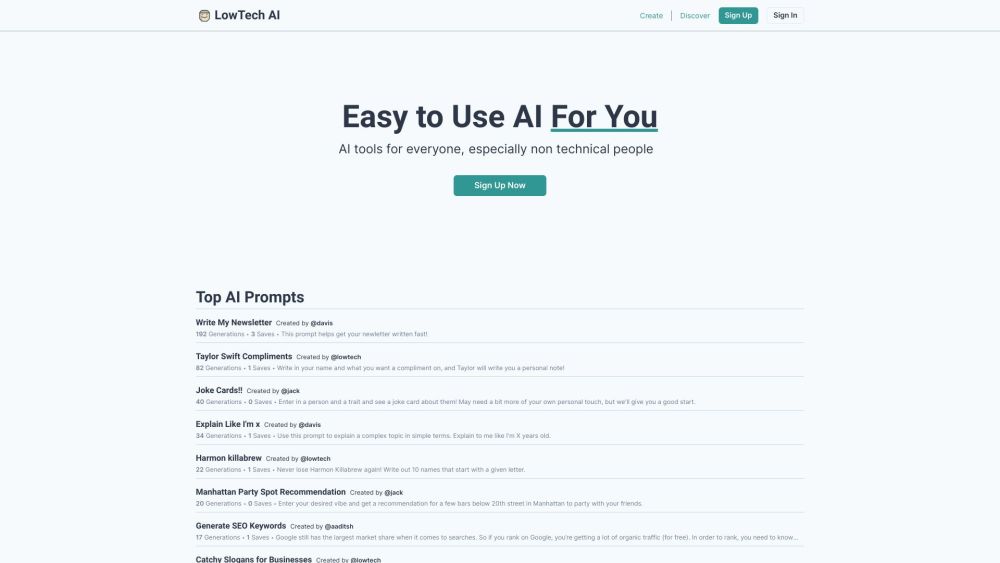In recent days, a free breast cancer screening event using artificial intelligence took place at the People's Hospital in Ziliujing District, Zigong City, Sichuan Province. Xu Yan, a resident of the Longfengshan Community, arrived at the hospital at 10 a.m. to undergo her screening. The entire process—from registration to scanning—took under ten minutes, with minimal waiting time.
Xu was impressed by the technology employed; rather than using large machines, the examination utilized two portable devices that resembled laptops. “I was in and out in just four or five minutes,” Xu shared. She was particularly pleased that results were available the same day through a mobile app, as opposed to the two to three days required in the past.
Over four days, the event successfully screened more than 860 individuals. “Typically, our three doctors manage over 100 patients daily,” noted Chen Kai, director of the People's Hospital. This initiative benefitted from collaboration with the Zigong Maternal and Child Health Hospital, Ziliujing Health Bureau, Ziliujing Women's Federation, and West China Hospital of Sichuan University, highlighting the efficiency and quality of AI-driven breast cancer screenings.
The Sichuan University Intelligent Medical Center, led by Professor Zhang Yi, a former head of the Computer Science Department, developed the advanced technologies underpinning this initiative, based on methodologies recognized by the National Natural Science Award in 2019. “With our AI screening platform, we can screen over a thousand patients in a day,” explained Niu Hao, the project's manager. The technology's portability means that only a small room—about 20 square meters—along with one or two trained operators, is required for screenings.
During the screening event at Ziliujing People's Hospital, reporters observed an operator using a handheld ultrasound device connected to the AI platform. “This combination achieves a 95% accuracy rate in classifying benign versus malignant cases and 98% overall detection accuracy,” the operator stated.
Niu Hao emphasized that the intelligent breast screening platform is trained on data from experienced physicians at West China Hospital. The system completes screenings in an average of just three minutes while maintaining high accuracy, data security, and accessibility. It has already met national standards and is featured among the Ministry of Industry and Information Technology and the National Medical Products Administration's “Top Innovative Medical Devices.” Nearly 200 hospitals across the nation have implemented this technology, conducting almost 10,000 screenings in the Dazhou region of Sichuan as part of a broader public health initiative.
For several years, the Sichuan provincial government has provided free cervical and breast cancer screenings for one million rural women, solidifying this effort as a cornerstone of public health policy. Liu Yanxi, Deputy Director of the Ziliujing Health Bureau, highlighted that the Zigong Health Commission prioritizes screenings, serving over 2,000 qualifying rural women annually. Liu believes AI will enhance screening capabilities and support the professional growth of grassroots healthcare facilities.
Wang Yan, head of the Ziliujing Women's Federation, noted the strong participation from women in the free screening. “Word spread quickly, and hundreds signed up the same day,” she remarked. The accompanying mobile app not only allows users to check their results but also provides educational content on breast health and preventive measures against breast cancer, with features for AI-assisted consultations.
Niu Hao described the app as part of a comprehensive screening platform alongside the AI machine and a big data system for managing appointments, information, imaging, and follow-ups.
Both Chen Kai and Wang Yan reported that many women expressed interest in having AI-based screenings available at local clinics, allowing convenient routine visits without extensive travel. “We've received tremendous support from local hospitals during outreach, and many women who experienced the AI screening shared these preferences,” Niu Hao added.
This initiative serves as a pilot project for AI breast cancer screening, coordinated by the Sichuan University Intelligent Medical Center and implemented in locations such as Yibin City and various districts in Zigong. Responding to women's requests, Niu Hao confirmed that the center has partnered with over twenty top hospitals nationwide. Beyond breast screenings, they are also advancing AI solutions for lung cancer, cardiovascular diseases, and radiation therapy, with intelligent cervical cancer diagnostic tools set to launch by the end of the year.





